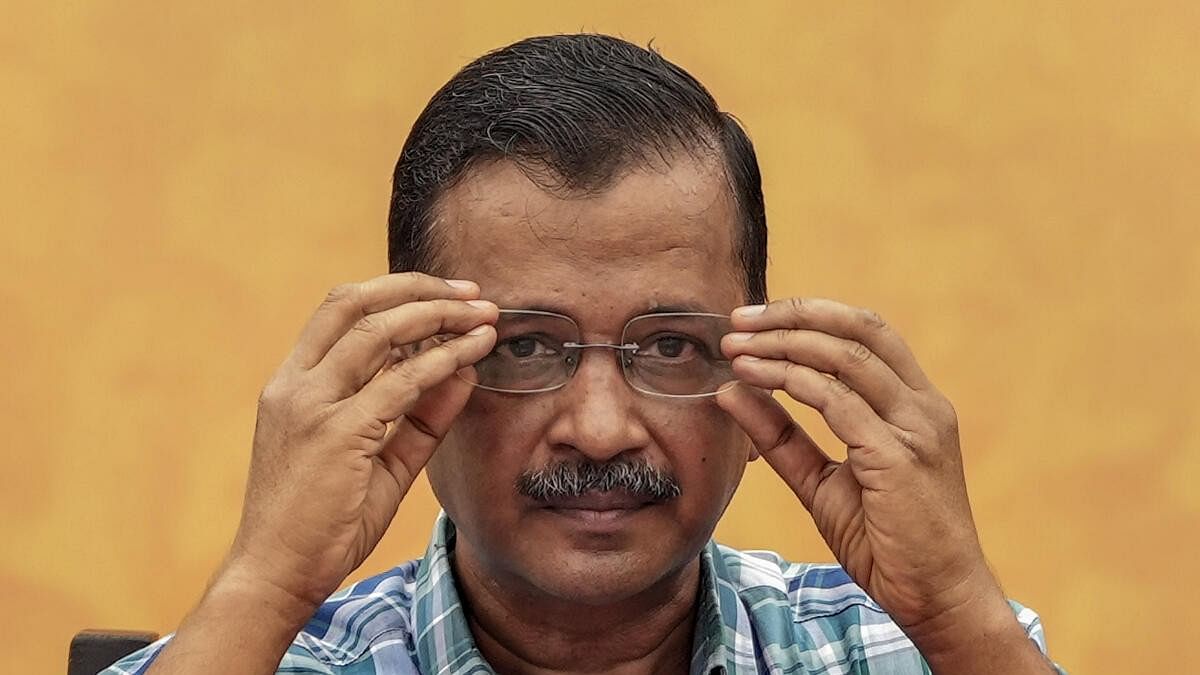
Arvind Kejriwal.
Credit: PTI photo
The Supreme Court’s grant of interim bail to Delhi Chief Minister and AAP supremo Arvind Kejriwal has not only provided political relief to him but also raised some important questions about the working of the Prevention of Money Laundering Act (PMLA), especially its arrest provision.
If the stringent bail provisions of the Act have hitherto received much attention, the court has now sought to examine Section 19 of the Act which empowers the ED to arrest a person and how the agency uses that power. Kejriwal contended that there was “no necessity to arrest him’’ and the ED had selectively used material to implicate him in the Delhi excise policy case.
While the court has referred the issues related to the ED’s powers of arrest to a larger bench, it granted interim bail to Kejriwal, noting that he has been in jail for over three months and the matter involved the life and liberty of a citizen.
The court made it clear that the arrest cannot be made arbitrarily and on the whims and fancies of an ED officer, and that the arrests, made on the basis of the reason to believe that the accused has committed an offence under the Act, should meet the parameters prescribed by the law.
This is important because the safeguards under the law should protect a person from arbitrary and subjective exercise of power. That is why the court decided that the power of arrest is amenable to judicial review and it was the court’s duty to do the scrutiny. The court also said that ‘’undue indulgence’’ to the
ED would be deleterious to rule of law and the life and liberty of people. It is necessary that such stringent laws as the PMLA, which raise the bar of bail to almost impossible levels, should have high safeguards against misuse.
Since all these important issues are involved in Kejriwal’s arrest, the court referred the matter to a larger bench for ’’in-depth consideration’’ and granted him interim bail till the matter is decided.
The court has not found Kejriwal’s arrest legal or illegal, but has found sufficient ground to question the ED’s action. It should also be noted that the court wondered whether the arrest was necessary at the investigation stage.
While the issues involved are yet to be decided, the grant of bail and the questions raised by the bench should have the effect of constraining the ED’s powers of arrest under the law. Kejriwal will remain in jail because he has been arrested by the CBI also in the same case, but the ruling has given a boost to him and his party and hope to many others arrested under the law.